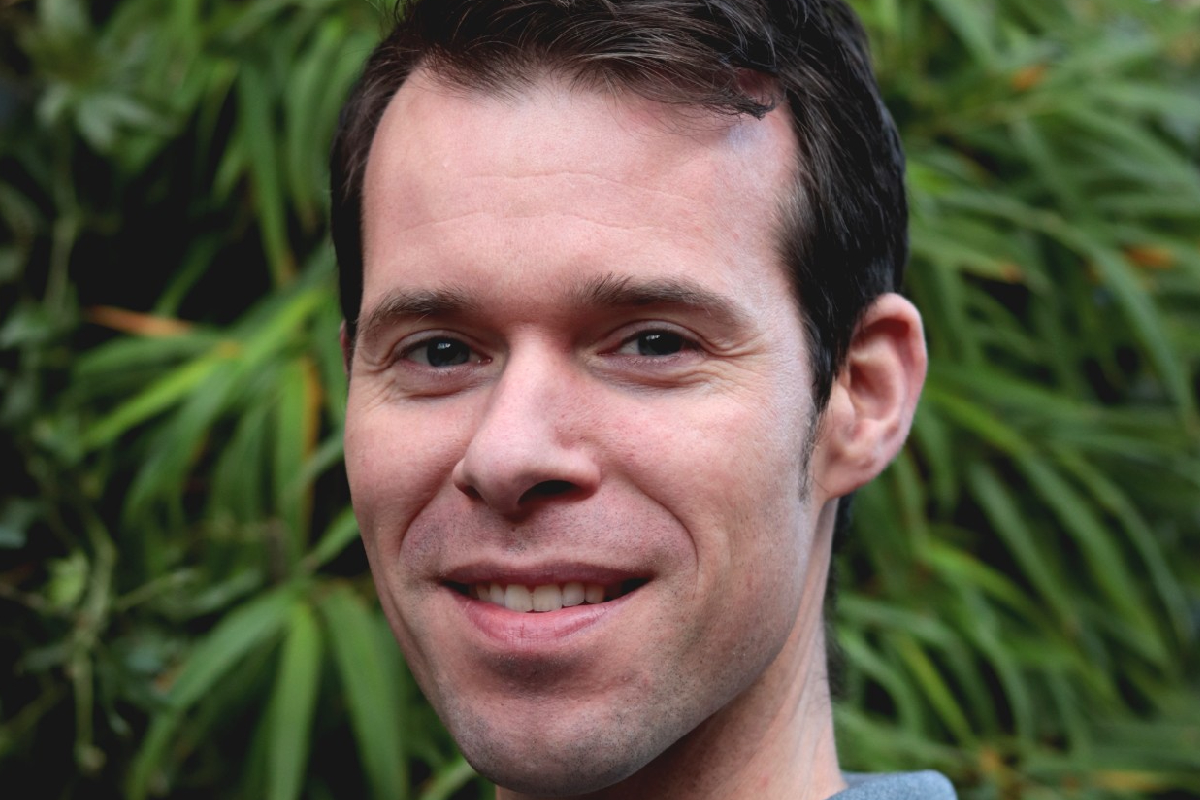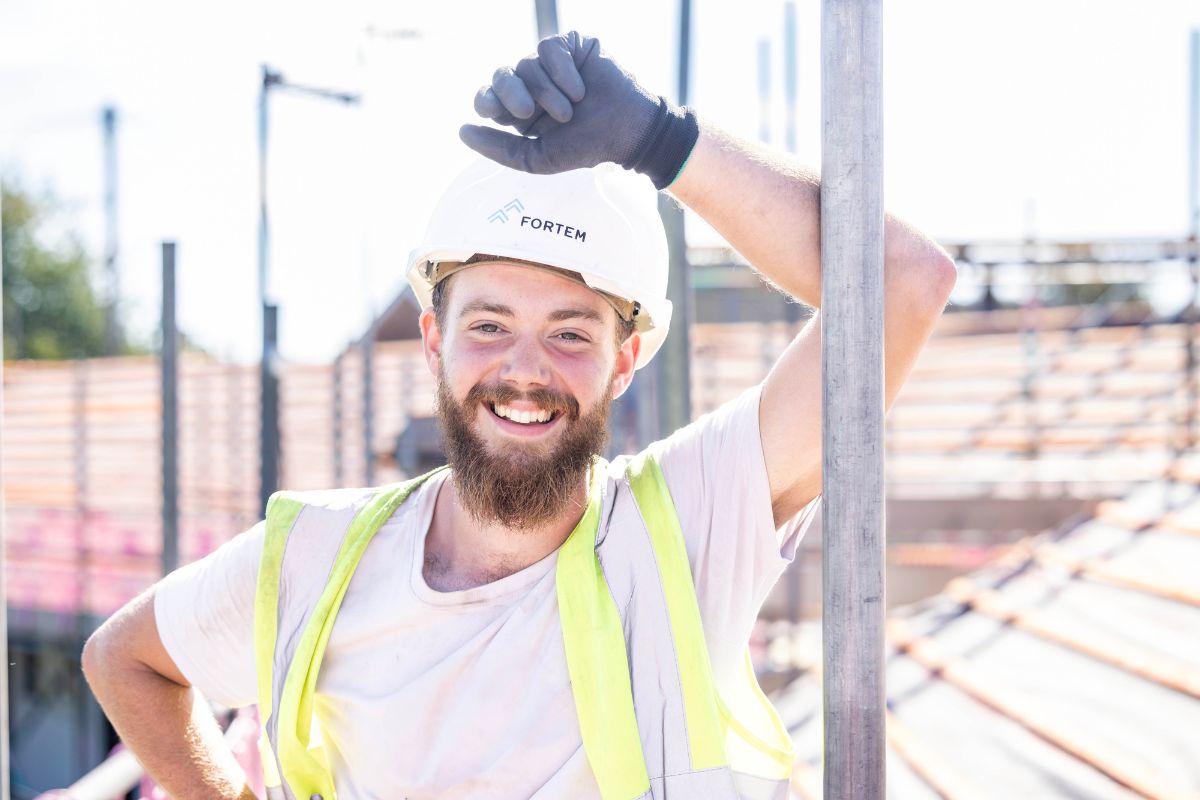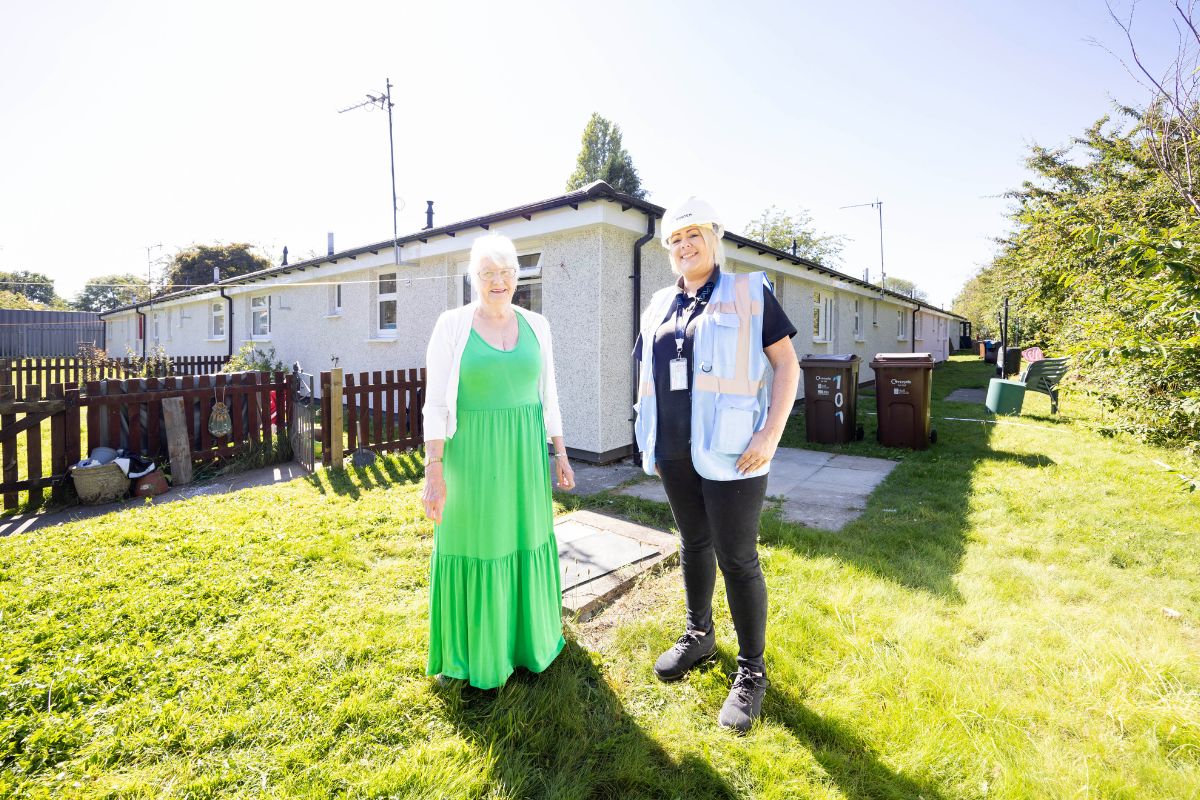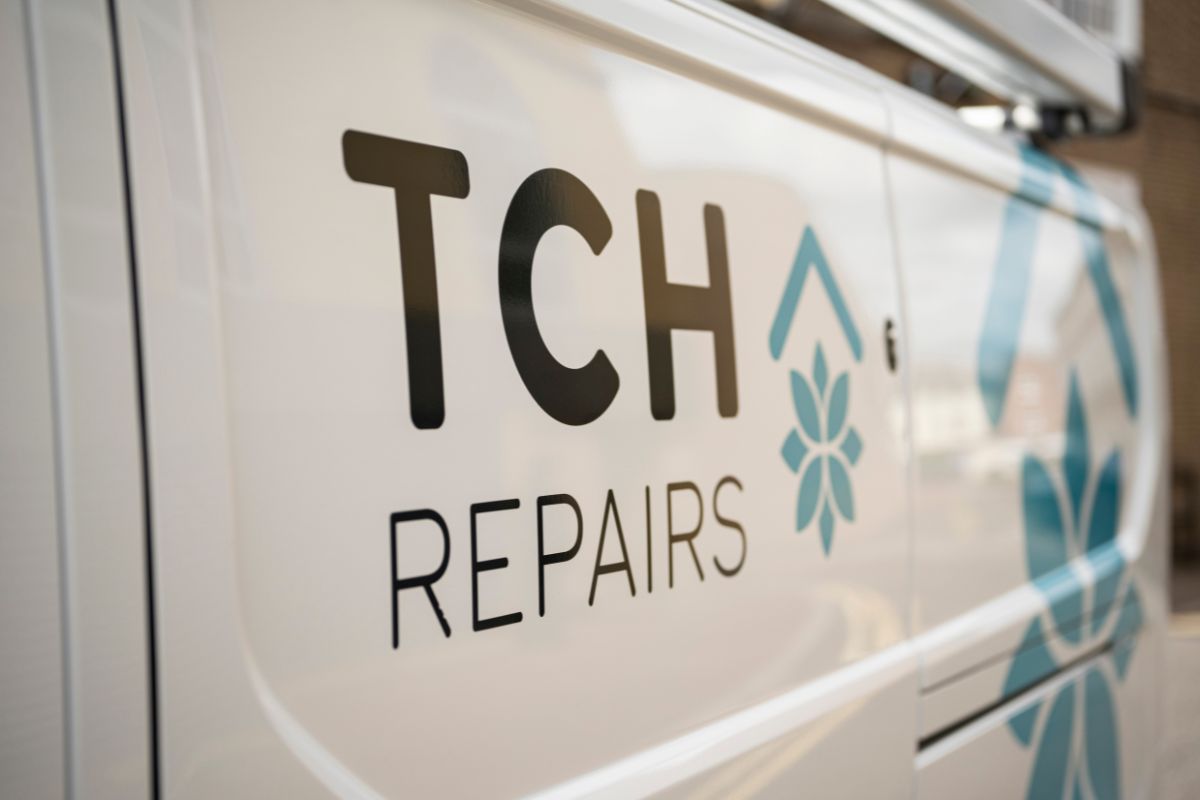The search for a replicable model for carbon and cost savings for social landlords
Few people now doubt that we are in a climate and ecological emergency. It’s time we started acting like it.
The challenge
With housing accounting for 14% emissions in the UK, any effort to get to keep global temperature rises to 1.5 degrees or below must include the full decarbonisation of existing housing stock, starting today.
In the social housing sector, landlords need a 30-year plan on how they will manage their stock to meet the UK’s climate and net-zero obligations.
At the same time, some of the most vulnerable people in our society are paying the most to heat and power their homes - much of which is then wasted due to poor insulation and airtightness. Reducing the cost of keeping homes warm and comfortable will have a significant improvement on people’s health, income and wellbeing.
Of course, social landlords are acutely aware of this, and many have used their own resources, in combination with innovation grants, to implement basic energy efficiency measures.
But these efforts barely scratch the surface: the return on investment required to decarbonise homes and reduce tenant’s bills is often too low to be viable. Small-scale innovation projects fail to build in mechanisms to roll out improvement measures at scale, or to share detailed blueprints within the industry, which would enable replication.
The opportunity
This is why at Bioregional we are excited to win this grant from the Energy Redress Fund. Under Ofgem’s redress process, energy companies found to have breached a licence condition, or were part of an investigation or compliance case, can make voluntary payments alongside or instead of fines and compensation to address any harm caused to consumers. Energy Saving Trust has been appointed by Ofgem to distribute these funds.
Our grant will enable us to work with our specialist partners to develop a model for social landlords to install low-carbon, deep retrofitting measures in hard-to-treat homes at scale, in a financially viable way. We want to develop a deep retrofit solution that generates diverse revenue streams for social landlords that would enable them to roll out measures across stock portfolios.
The solutions being explored include retrofit, on-site renewable energy generation, energy storage, electrical grid services, time-of-use tariffs, providing an investment incentive, and breaking down the financial, regulatory, and operational barriers of improving social-housing stock.
Roll-out of the model will result in lower bills and better-quality housing for tenants, cutting the environmental impact of poor energy-performing social housing and providing a sustainable income stream for landlords in return for their investment.
The model will be informed by the resident experience and social return on investment as well as providing a sustainable business model for landlords to take the lead in decarbonisation of the sector.
The UK is facing a set of huge and linked challenges: growing poverty and inequality; the urgent need to reduce our carbon emissions, and trying to get our lives – and the economy – back on an even keel after a devastating year.
I’m hopeful that the results of this research will help us start to tackle these challenges, by helping to create a replicable model for carbon and cost savings, while generating jobs and skills in a much-needed emerging sector.
Ronan Leyden, Head of Sustainable Places, Bioregional



